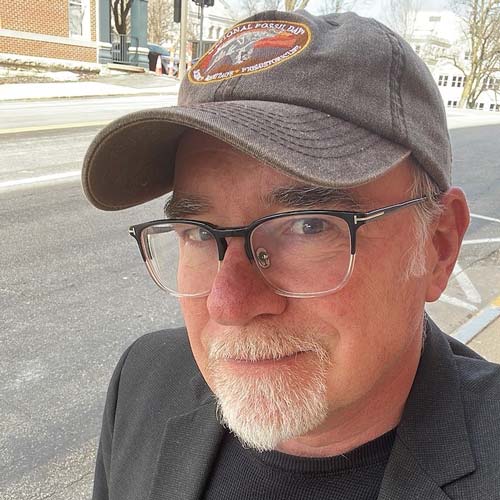The plenary speakers have been updated due to recent changes.
Speakers
NGWM2026 13-15 January 2026 | Turku, Finland
Plenary speakers

Secretary General Julie Hollis
EuroGeoSurveys
Title: Geoscience as the Engine: Collaboration, Innovation, and Discovery in a World of Transition
Read bio
Julie is Secretary General of EuroGeoSurveys, a not-for-profit association representing 37 European geologic survey organizations. She has a background in regional geologic mapping and more than 20 years of experience in leadership roles in government geoscience for geological survey organizations in Australia, Denmark, Greenland, and Belgium. Julie has a Ph.D. in Geology and a Master of Science Communication and Public Engagement from the University of Edinburgh. Her primary focus is delivering EuroGeoSurvey’s vision of a Geological Service for Europe—a permanent, central, and sustainable service that provides foundational geoscientific data, information, and knowledge at a continental scale.

Professor P. David Polly
Indiana University, Bloomington, Indiana, USA
Title: Clasts with minds of their own: new approaches to interactions between organisms and Earth systems
Read abstract
Understanding the processes past and present that shape the Earth and its environments is a goal of geosciences. Advances have been achieved by linking Earth materials to processes through their physical and chemical properties like Hjulstöm’s diagram that linked processes of erosion, transport, and deposition to particle size and fluid flow or Emiliani’s demonstration that paleotemperature curves could be reconstructed from oxygen isotopes because of the relationship between temperature and evaporative probability. The fossil record documents the interaction of life and Earth systems, but to anyone but a paleontologist its arcane tangle of taxonomy, morphology, and biostratigraphy can be a barrier to understanding large-scale processes. The difficulty is that organisms evolve in response to their environments. While sand-sized sedimentary particles have the same relationship to fluid flow in the Proterozoic as they do today, the relationship of species to any Earth system differs by both time and place. In this talk I review new trait-based approaches to the fossil record know as ”ecometrics”. Instead of focusing on the rise and fall of species, ecometrics focuses on the functional relationship between measurable traits and their corresponding systems. Examples include the shapes of leaves and rainfall, the durability of teeth and aridity, and the size of ecothermic animals and temperature. By focusing on functional relationships, it becomes possible to study the responses of life to changing environments and to understand causal relationships between deep-time events and the evolution of life. The development of the ecometric approach owes a great deal to Nordic scientists.
Read bio
Professor P. David Polly is a paleontologist and evolutionary biologist at Indiana University, specializing in vertebrate paleontology. Prof. Polly earned his PhD from UC Berkeley in 1993 and has held various academic positions, including Professor and Department Chair at Indiana University and Visiting Professor at the University of Helsinki and Australian National University. Prof. Polly’s research focuses on the evolutionary dynamics of mammals, contributing significantly to the fields of paleobiology and climate change. Prof. Polly has published extensively, with over 150 research articles and several books, and has received numerous honours and awards, including being a Fellow of the American Association for the Advancement of Science (AAAS).
Further information: https://pollylab.org/
Aisha Al Suwaidi
Khalifa University, United Arab Emirates
Title: Reassessment of the Carnian Pluvial Episode: Timing, Duration and Impact
Session: 29. Polar paleoclimate and environmental change through the Phanerozoic
Wouter Bleeker
Geological Survey of Canada
Title: Craton reconstructions and mantle plume tracks in deep time, with particular relevance to ”greater Karelia”
Session: 17. Growth and reworking of the Fennoscandian Shield
Henrik Drake
Linnaeus University
Title: Unveiling the Deep Biosphere of the Fennoscandian Shield: Ancient Echoes and Modern Activity
Session: 3. Biogeochemical cycles and geomicrobiology
Guilherme de Melo
GEOMAR Helmholtz Centre of Ocean Research, Kiel, Germany
Title: Environmental impact of the 2025 Mw 6.5 Jan Mayen earthquake: A climate-change conditioned rock slope failure on Jan Mayen Island, Arctic Ocean
Session: 9. Geohazards in a changing climate
Tobias Fusswinkel
RWTH Aachen University, Aachen, Germany
Title: Salt melt halogen signatures link Kiruna-type Fe–P–REE ores to magma–sediment interaction
Session: 35. Stirring the soup: the role of fluids and volatiles in solid Earth processes
Iwona Galeczka
Institute of Earth Sciences, University of Iceland, Reykjavík, Iceland & Carbfix, Reykjavík, Iceland
Title: Carbon mineralization in Iceland – challenges and opportunities in large-scale deployment
Session: 8. Fluid flow, reactions, and resource formation in igneous systems and crystalline cratons
Jaana Halla
Finnish Museum of Natural History, University of Helsinki, Finland
Title: The Birth of Continents (BICO): Insights from Archaean terrains in Arctic Fennoscandia
Session: 17. Growth and reworking of the Fennoscandian Shield
Anna L.C. Hughes
Department of Geography, School of Environment, Education and Development, The University of Manchester, Manchester, United Kingdom
Title: Ice streams of the Eurasian Ice Sheet Complex
Session: 31. Quaternary palaeoglaciology and palaeoclimate; the Nordics and beyond
Jacob Kidmose
Geological Survey of Denmark and Greenland
Title: Development and Assessment of Indicators for Sustainable Groundwater Abstraction under Present and Future Climatic Conditions
Session: 19. Hydrogeology
Jochen Kolb
Karlsruhe Institute of Technology, Karlsruhe, Germany
Title: Orogenic gold deposits in evolving orogens: a global perspective with examples from Paleoproterozoic Finland and Greenland
Session: 16. Gold mineralisation systems
Elina Lehtonen
University of Helsinki
Title: Bringing rocks to life – My journey in science communication
Session: 13. Geoscience outreach, communication and geoethics
David Nathan
RWTH University, Aachen
Title: 4D Kinematic Geomodelling with GemPy
Session: 10. Geomodelling across time and space
Rikke Lundby Vestergaard
Norsk Elektro Optikk AS, HySpex, Oslo, Norway
Title: Mine Waste Monitoring with the M4Mining hyperspectral imaging system
Session: 33. Satellite and airborne remote sensing and geophysics solving present geological and geoenvironmental challenges
Elsa Peinerud
LKAB
Title: The quest for a clean solution – challenges with mine water treatment in subarctic climate
Session: 20. Innovative strategies to prevent and mitigate environmental impacts associated with mine wastes
Elisa Piispa
University of Iceland
Title: Paleomagnetism of Jurassic Vestfjella flood basalts of Antarctica
Session: 25. Paleogeographical reconstructions through time
Dan Shugar
University of Calgary
Title: The second highest tsunami ever recorded
Session: 9. Geohazards in a changing climate
Grazina Skridlaite
State Scientific Research Institute Nature Research Centre, Vilnius, Lithuania
Title: On the major structures and evolution of the Precambrian rocks of the western East European Craton: new results and developments
Session: 7. Fennoscandian Shield beneath Phanerozoic cover—Correlations, tectonic setting, and metallogeny
Matthijs Smit
Department of Earth, Ocean and Atmospheric Sciences, University of British Columbia, Vancouver, Canada & Department of Geosciences, Swedish Museum of Natural History, Stockholm, Sweden
Title: Garnet chronology – a holistic perspective
Session: 27. Petrochronology: from conventional to innovative approaches applied to unravel the tectono-metamorphic evolution of terranes
Bjørn Eske Sørensen
Department of Geosciences, NTNU
Title: Linkage between seismic deformation, strain softening and volume expanding hydration and carbonation reactions in peridotites from the Reinfjord lower crustal field laboratory
Session: 24. Orthomagmatic mineral deposits and related exploration
Kristoffer Szilas
Natural History Museum of Denmark
Title: Do analogues of the Archean exist on modern Earth? New evidence for the presence of vertical tectonics and the absence of life in the Eoarchean of SW Greenland
Session: 21. Magmatism from the Archean to the present: insights and analogues
Giulio Viola
Università di Bologna
Title: Unravelling fault heterogeneity: a key to linking the geological record to earthquakes, permeability and fluid flow pathways
Session: 37. Structural geology and resources
Anna Vymazalová
Czech Geological Survey, Prague, Czech Republic
Title: Platinum-group minerals and their applications
Session: 22. Mineralogy as an enabler of transition
